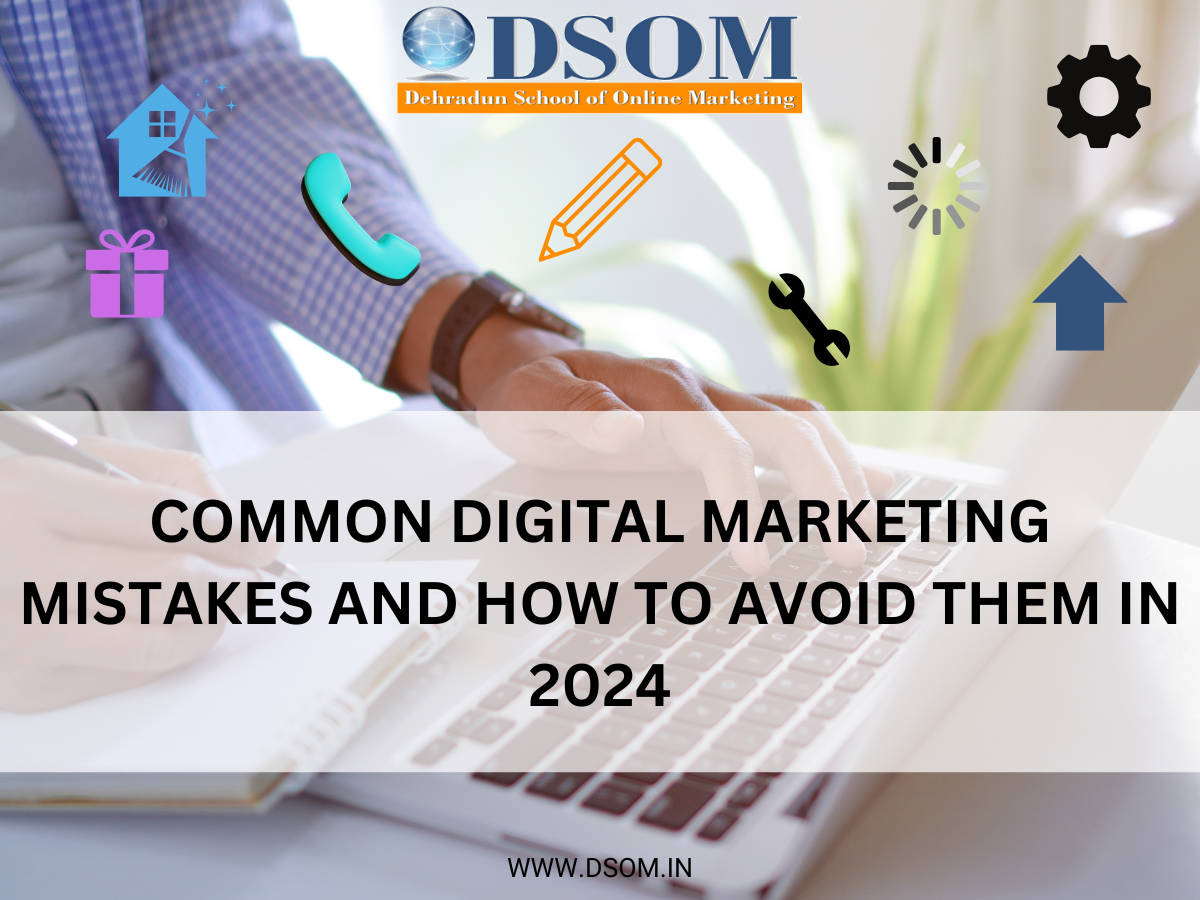For businesses looking to increase their exposure on Google, understanding and optimizing user experience has become essential in the constantly changing realm of search engine optimization (SEO). Focusing on the crucial components that enhance an excellent user experience is critical as Google's algorithm prioritizes ser-centric aspects. This blog examines the role of user experience in Google's algorithm and offers information on the crucial elements companies should consider count for efficient optimization.
Impact of User Experience on Google Algorithm
Based on consumers' search queries, Google’s algorithm seeks to provide the most pertinent and worthwhile material to them. The dominant search engine has emphasized the value of user experience as a deciding element for search rankings over the past few years. Google can evaluate the value and relevancy of websites by examining user behaviour signals, which eventually affect where those websites appear in search results.
The Important Considerations for Improving User Experience
1. Speed of Page Loading
User experience is critically dependent on how quickly a page loads. Google is aware that users want quick and flawless browsing experiences. Websites that take a long time to load irritate visitors and have higher bounce rates. To speed up page loading and improve user experience, consider optimizing pictures, browser caching, and content delivery networks (CDNs).
2. Mobile compatibility
Mobile friendliness is crucial in a world where mobile devices predominate. For smartphone and tablet users, mobile-optimized websites offer a pleasant surfing experience. Intuitive navigation, accessible information on smaller displays, and responsive design all improve user experience and boost search rankings.
3. Relevant and High-Quality Content
The foundation of user experience and SEO is providing valuable and pertinent content. Google's algorithm favors websites with well-written, thorough, and educational material. Readability, engagement, and user experience can be enhanced by writing in-depth articles, using headings and subheadings, and adding graphic components.
4. Clear Site Structure and Navigation
For a great user experience, a website's structure and navigation must be well-organized. Users should be able to locate information quickly and easily move across the website. Breadcrumbs, logical URL structures, and clear menus assist users, and search engines in grasping a website’s hierarchy, boosting ranks.
5. High Dwell Time and Low Bounce Rate
Google evaluates user experience by considering user engagement data like bounce rate and dwell duration. Users who quickly return to search results have a high bounce rate, which suggests a bad experience. A longer stay time, however, indicates that people regard the content as important and exciting. Businesses should concentrate on producing engaging content, utilizing internal links, and including interactive components to decrease bounce rates and boost dwell time.
6. User-Friendly Metadata and URLs
User-friendly URLs and metadata facilitate better user experience and SEO optimization. Before clicking on a link, viewers can easily comprehend a website’s content thanks to compact and descriptive URLs. The page’s content is accurately summarised in well-written meta titles and descriptions, which raises user satisfaction and click-through rates.
7. Website Security and Accessibility
Google places a high priority on website security and accessibility. Websites using SSL certificates (HTTPS) are regarded as more reliable and provide users with a secure browsing environment. Additionally, accessibility optimization aids in the efficient access and navigation of the website by persons with disabilities by including alt text for images, video captions, and clear headings for screen readers.
Google’s algorithm is heavily influenced by user experience, which also dramatically impacts search engine rankings. Businesses may improve the user experience of their website and increase exposure and organic traffic by prioritizing elements like page loading speed, mobile friendliness, pertinent content, clear site structure, low bounce rate, and high dwell time. Understanding and focusing on these crucial elements can help with an effective SEO strategy and produce significant results for online businesses.
 How to Turn Your Photos into Ghibli-Style Art with ChatGPT for Free
How to Turn Your Photos into Ghibli-Style Art with ChatGPT for Free Top 10 AI Tools for Plagiarism-Free Content Writing: Boost Your SEO & Digital Marketing Efforts
Top 10 AI Tools for Plagiarism-Free Content Writing: Boost Your SEO & Digital Marketing Efforts The Rise of Graphic Designing in 2025: A Career Guide.
The Rise of Graphic Designing in 2025: A Career Guide. The Rise of Video Editing: A Crucial Skill in 2025
The Rise of Video Editing: A Crucial Skill in 2025 Top 10 Digital Marketing trends in 2025
Top 10 Digital Marketing trends in 2025 Common Mistakes in Digital Marketing and How to Avoid Them 2025
Common Mistakes in Digital Marketing and How to Avoid Them 2025 The Future of Digital Advertising: What You Need to Know
The Future of Digital Advertising: What You Need to Know Social Media Marketing in 2024: Strategies for Maximum Engagement
Social Media Marketing in 2024: Strategies for Maximum Engagement Building a Successful Digital Marketing Funnel: A Step-by-Step Guide
Building a Successful Digital Marketing Funnel: A Step-by-Step Guide 5 ways to make money from home using AI (Artificial-Intelligence) in 2024
5 ways to make money from home using AI (Artificial-Intelligence) in 2024